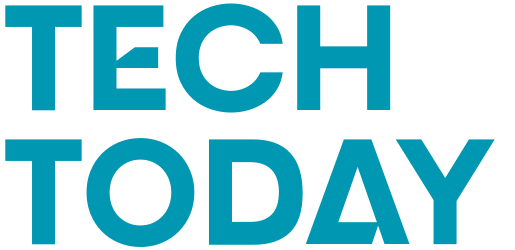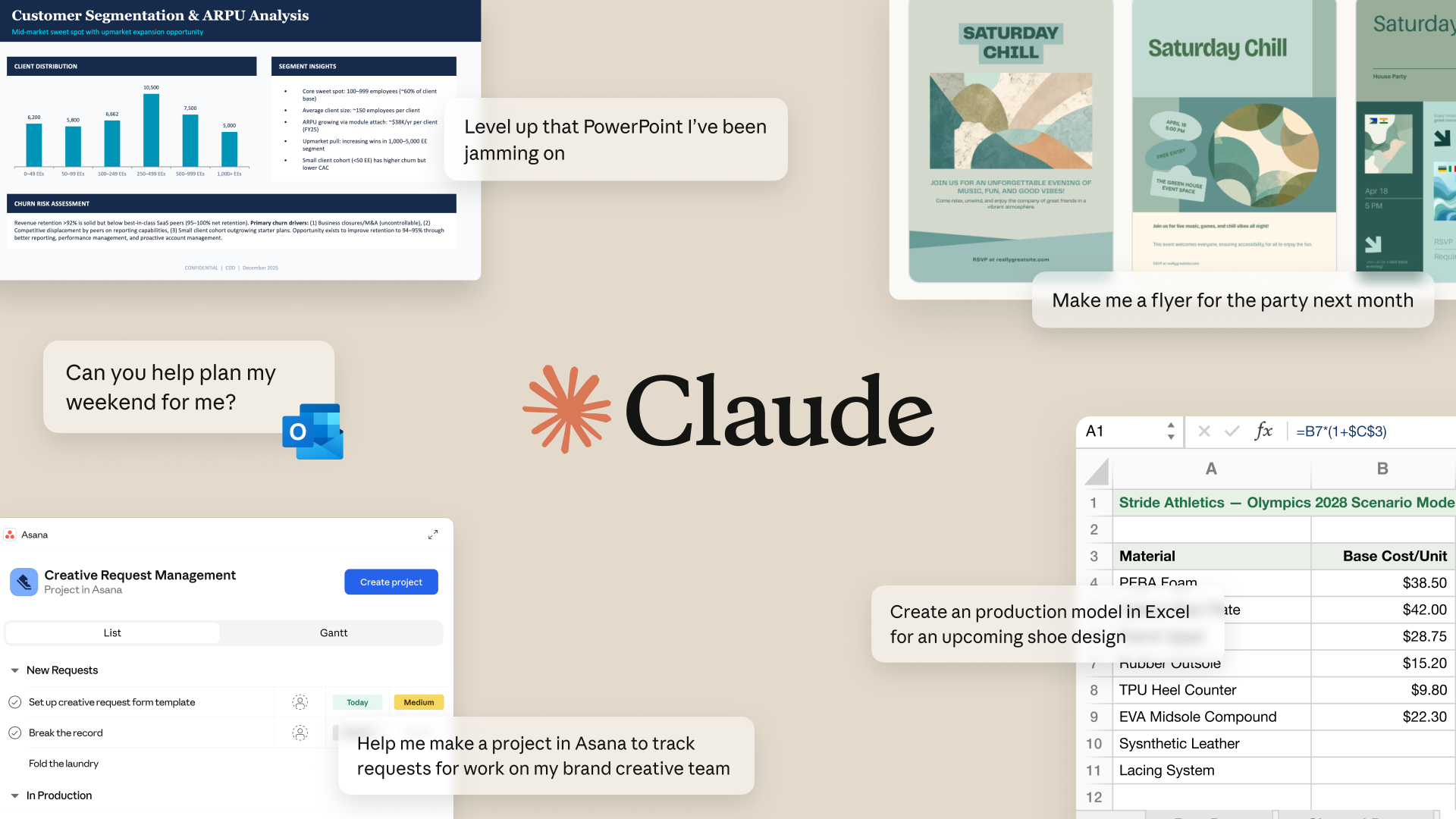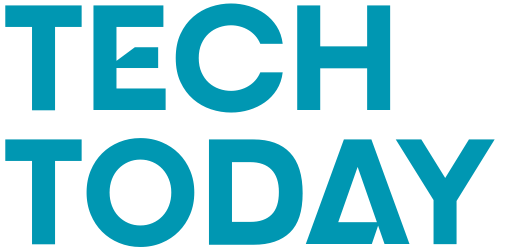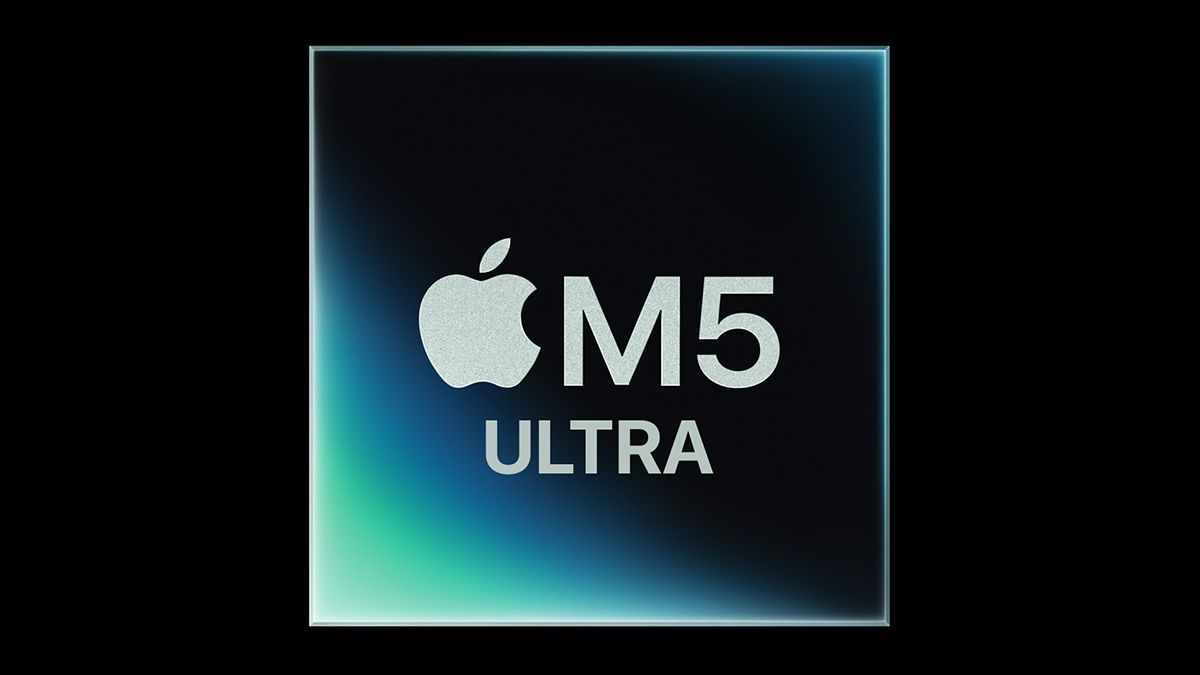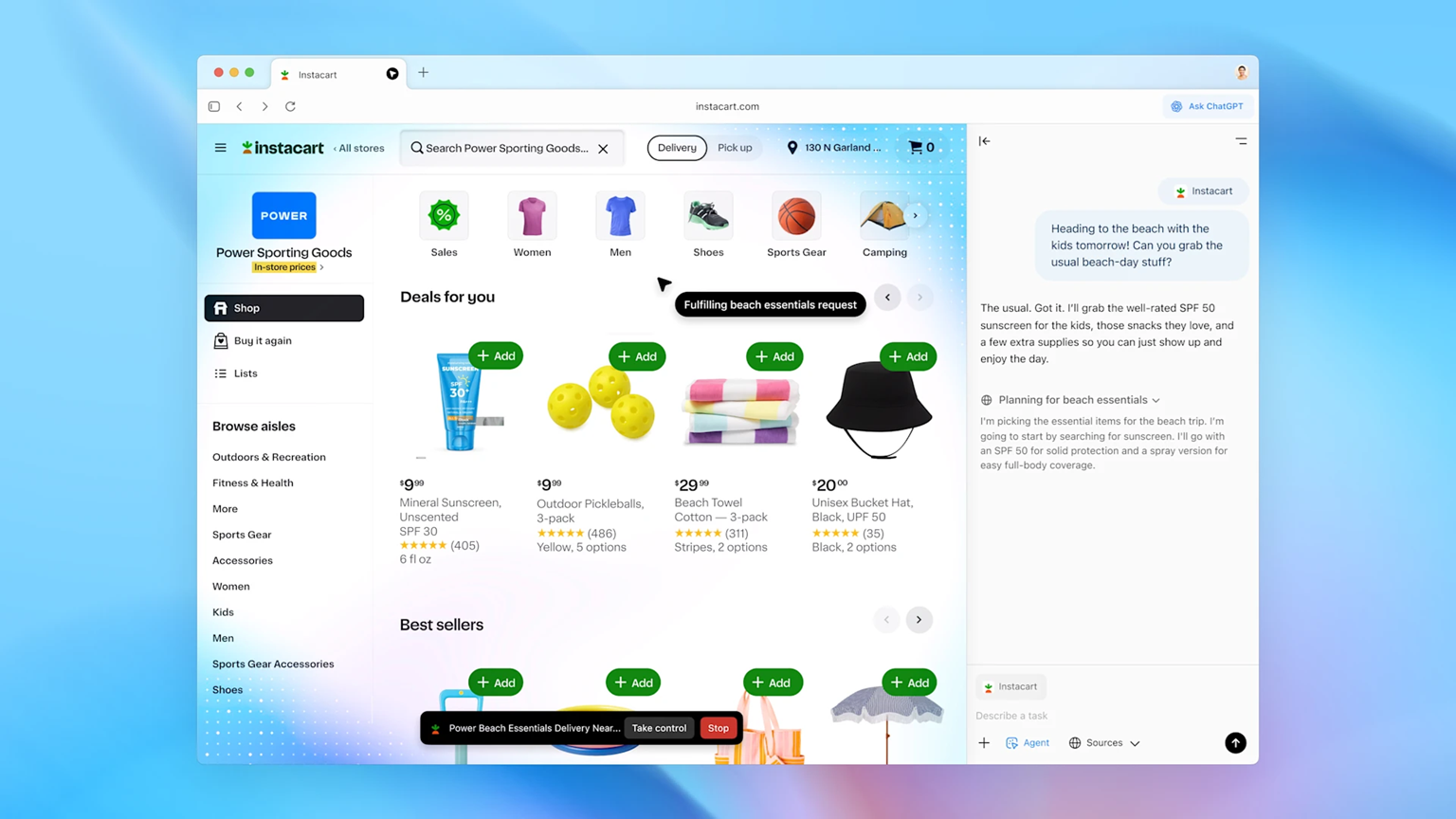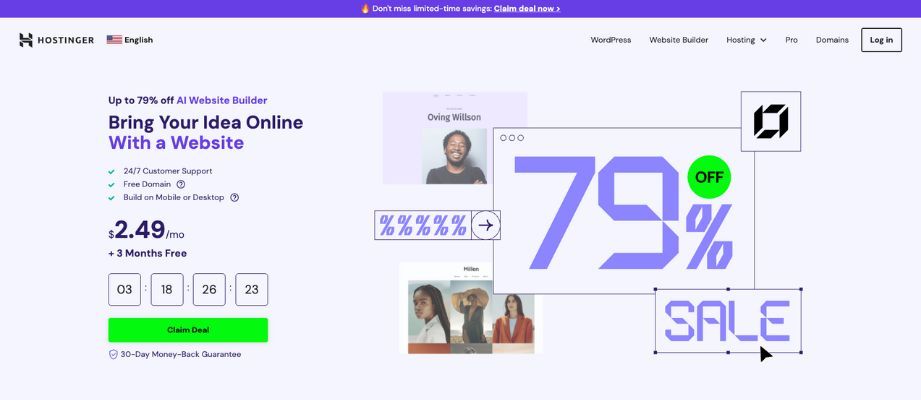In response to Treasury’s targeted consultation proposing an exemption for smaller banks from the Consumer Data Right (CDR), SISS Data Services has voiced strong opposition to the concept of a ‘de minimis’ threshold that could allow 55 out of 77 banks to stop sharing Open Banking data.
SISS gave written feedback in its capacity as an active Accredited Data Recipient and the leading independent provider of secure financial data sharing services in Australia via its ACSISS suite of products.
“The effectiveness of Open Banking is underpinned by its sector-wide coverage,” said Grant Augustin, Founder and CEO of SISS Data Services.
“This is especially true for accounting use cases that depend on accurate and complete data sets for SMSF audits, tax returns and loan applications,” Augustin continued.
As digital transformation accelerates, CDR is essential infrastructure for driving productivity, easing cost of living pressures, supporting innovation, building trust in the digital economy and positioning Australia competitively in the global digital economy.
“After several years of hard work by the banks, 77 banks are active as data holders. That number is even higher when you include sub-brands. This means their customers can safely share data via Open Banking’s regulated APIs, rather than risk sharing passwords or sending PDFs over email,” Augustin emphasised.
SISS’s feedback to Treasury pointed out the inconsistency between shrinking the number of data holders, while trying to increase the uptake of Open Banking for priority use cases like small business accounting services, and transitioning away from less safe data sharing methods like screen scraping.
“Now is not the time to disconnect some Australians from their federally legislated data right due to their choice of bank,” Augustin said. “It’s time to migrate financial software onto open banking because CDR is ready and the large banks are restricting access to screen scraping due to unacceptable risk.”
Open Banking in Australia is part of the federal pro-competition Consumer Data Right (CDR) regime which went live in banking in 2020, then expanded to energy in 2022, and will include non-bank lending from 2026 onwards.
CDR is national infrastructure that is intended to be available for the benefit of every individual and business consumer in Australia to deliver greater choice, convenience and confidence.
According to the Productivity Commission’s Interim Report on “Harnessing data and digital technology”, enabling consumers to access and share their own data more easily could generate up to $10 billion in annual productivity gains for the Australian economy.
“The productivity dividend is very clear for accountants and small business owners,” Augustin said.
SISS Data Services agrees there are promising signs the government is otherwise close to optimising CDR policy settings in support of the identified high-value use cases.
“The government can boost participation in Open Banking by fixing the biggest remaining barriers to adoption, for example, removing the Nominated Representative hurdle for businesses and urgently confirming the ban on screen scraping,” Mr Augustin advocated.

